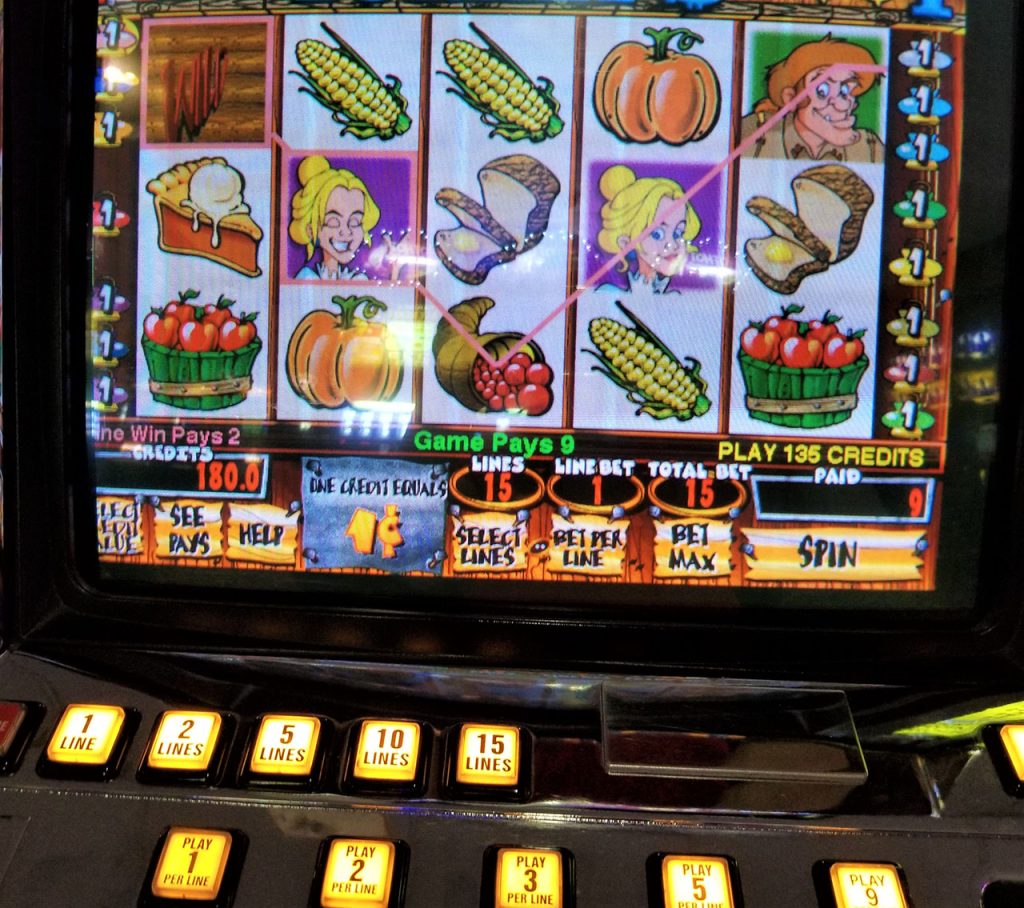The never-ending passion for slots among players worldwide creates many new questions in the gambling industry. As players face new challenges, they quickly seek expert advice to determine their direction forward. Over the years, many slot players have asked an important question regarding the difference between high and low-limit slots. We have everything to help you decide between the two types if you need clarification. Below, we have covered a high-limit vs. low-limit slots analysis to give you a better picture of each.
Primary Differences Between High-Limit and Low-Limit Slots
Understanding slot machines can be tricky. The exciting gameplay and appealing visuals are only the tip of the iceberg. There is much more detail to how slot machines work. As a new slot player, you may make many mistakes before learning the do’s and don’ts. However, the more you play, the more you pay attention and the more you learn. Let’s have a look at how high-limit slots differ from low-limit ones.
Payout Percentages Variation
The payout percentage is crucial when picking slots in a brick-and-mortar or online casino. Ultimately, it all comes down to how much a slot machine pays when deciding between various types. When you use low-limit slots, the payout percentages may be lower than high-limit slots. Many players go for a single session and notice no such variation. It is worth remembering that slot payout percentages never show a trend in a single session.
You may place multiple bets and play for several hours to notice the payout trend. Short-term luck may always give unpredictable responses to players. High-limit slots have a higher denomination, allowing players to receive better payouts in the long run. If you plan to play a single session on the go, it won’t make much difference whether you choose low-limit slots or those with higher limits.
Slot Progression
When it comes down to progression, it becomes more of a preference whether you settle for lower but frequent rewards or higher but fewer ones. To understand how progression varies for each type, you may need simple math to evaluate the possible outcomes. For instance, if you get low-figure rewards for each bet in a low-limit slot, you may spend more time on a machine to bag a relatively lower sum than in high-limit slots.
Many slot players prefer low-limit slots due to their frequency of payouts. Low-limit slots may quickly win you if you aim to play a few games and win more rewards. On the contrary, you may opt for high-limit slots if you want to win significant amounts regardless of the payout frequency. High-limit slots come in handy when you are up for several consecutive sessions.
Basically, limitations in slots allow players with varying objectives to get what they need. Some players love seeing the dollar signs every once, regardless of the figures they (actually) earn. Others aim for bigger goals. They do not let minor losses hinder their passion for securing huge but once-in-a-blue rewards.
Payline Potential
High-limit and low-limit slots also vary based on their payline potential. When playing a low-limit slot, you may get lesser paylines. Although the payline potential may not affect every game, you may notice the difference in a few popular ones. When playing high-limit slots, the picture changes significantly. High-limit slots may double the paylines (depending on your bets).
Let us help you imagine the possibilities with two slot games. Dancing Drums may not make much difference when played on low-limit or high-limit slots. On the flip side, a game like Lightning Link may show drastic results regarding the number of paylines. For instance, placing a $5 bet in a low-limit slot may get 25 paylines. Now, keep this figure in your head and apply the same scenario to a high-limit slot. For each $5 bet, you may get 50 paylines.
The above comparison highlights how high-limit slots compare to low-limit ones regarding different games. The same bet may get you 25 paylines for a low-limit slot, while you can expect double for a high-limit slot.
High-Limit Vs. Low-Limit Slots – Which One Is Better?
Many slot players ask which slot limit is better regarding payout frequency and potential. If you compare the details of each above, you may notice both have pros and cons. For instance, low-limit slots are a better option when looking for frequent rewards. However, the amount you receive each time is much lesser than what you may expect from a high-limit slot machine.
On the contrary, high-limit slots have the edge of paying out bigger money to players. While valid, the frequency is much lesser than low-limit slots. Ultimately, it comes down to a player’s preference, whether they have short-term goals or plan to stick to a slot for longer. Some players love to play in a rush. They place a bet, play the game, and get whatever reward the machine pays. Others play strategically, intending to secure more profits in the long run.
Moreover, slot denomination is not the only factor you should check when deciding. Other factors play an equally crucial role. As a new slot player, digging into deeper details may overwhelm you with technicalities. We suggest playing a few times to develop an understanding of various titles, paylines, and payout frequencies.

Should You Bet on High or Low Slots?
Betting on high-limit slots means taking bigger risks for bigger rewards. Suppose you are low on your bankroll. Betting on high-limit slots may not be a wise choice. High-limit slots work best for those with higher bankroll limits. If you are good at slot games, you may start with lower bets, bag smaller (but frequent) rewards, and aim for higher risks to ensure financial safety.
The Bottomline
The above high-limit vs. low-limit slots analysis can help you steer clear of confusion when deciding between the two. Each type has pros and cons and may suit players with varying preferences. To find more details, feel free to check out Enjoy Slots and become a slot pro.


Leave a Reply